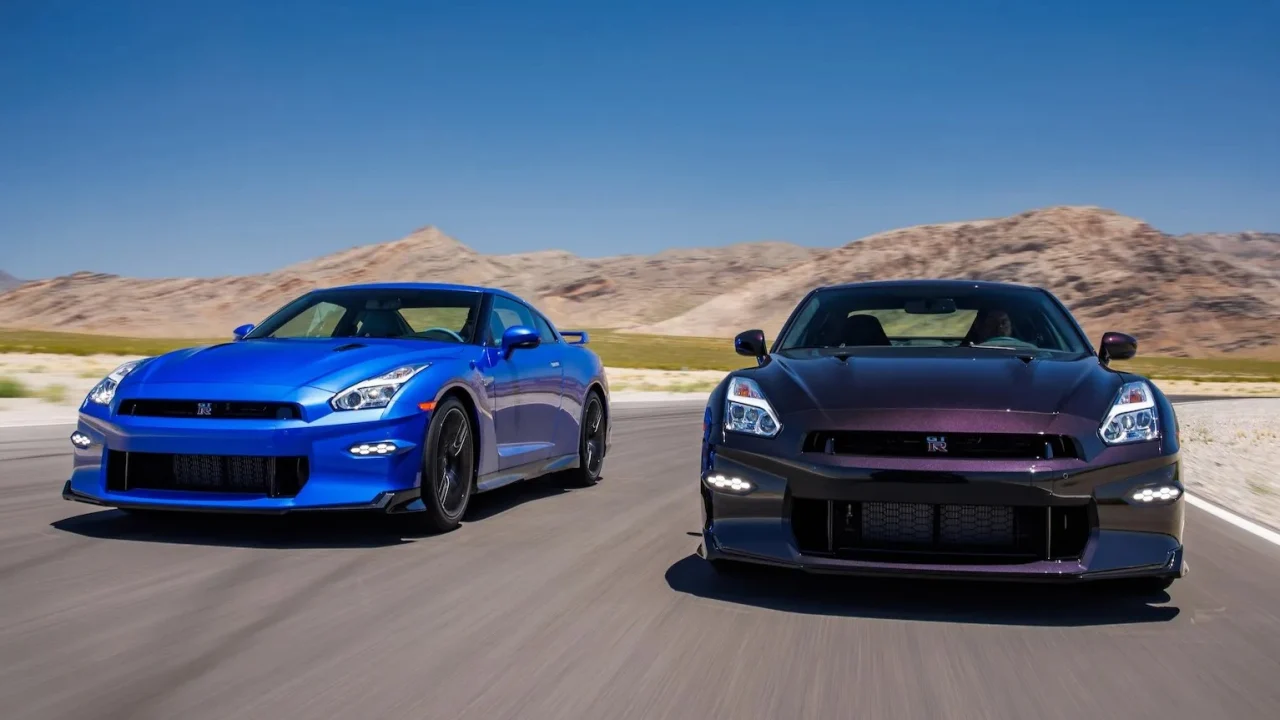You may have heard recently that Nissan has stopped taking orders for the GT-R, the two-ton supercar that was spun off from the Skyline. After over 17 years, Nissan is calling it a day for this two-ton coupe, but Nissan faithful don’t need to worry—another GT-R will be coming.
Just not yet.

The current GT-R was introduced at the end of 2007 as a 2009 model, with Americans getting its first taste of the GT-R in the summer of 2008. At the beginning, the GT-R started out with 473 horsepower and is capping its tenure at 592 horses, though there were two special-editions with more horsepower targeted to millionaires (GT-R50) or track days (NISMO Track Package). Despite being long in the tooth, the GT-R is still a spectacular supercar, somewhat how the Subaru was to Lamborghini in The Cannonball Run—clever tech over exotic.
Certainly, the world of performance cars is different today than in 2009, and GT-R sales are no longer robust. After a high of 3,158 for the initial North America debut, production settled to around 1,500 per model year until 2018, when the number cratered to 458 and has been under 300 units for the past several years.
You would think Nissan would already have a successor in place, but that’s simply not what has happened. Admittedly, Nissan isn’t in the best shape at the moment, which is a circumstance that American enthusiasts know all too well (note the shelf life of the C3 Corvette, for example).

According to Car and Driver, the next GT-R is still three to five years into the future and, like most future-leaning cars, it is expected to use a hybrid powertrain. Will it be a conventional hybrid or of the plug-in (PHEV) variety? That has yet to be determined, but a conventional hybrid would give the next-gen GT-R the faculty to handle Nürburgring—another reason Nissan abandoned the GT-R EV after several prototypes. The ICE part of the equation should include an improved-yet-familiar turbo-six.
Despite the failure of the Nissan/Honda merger, there’s also word that the new GT-R will be part of a joint effort between the two companies, which means that a next-gen NSX may be on the horizon. Honda tends to march to the beat of its own drummer so, if true, variations between the two may be chin-scratcher.

